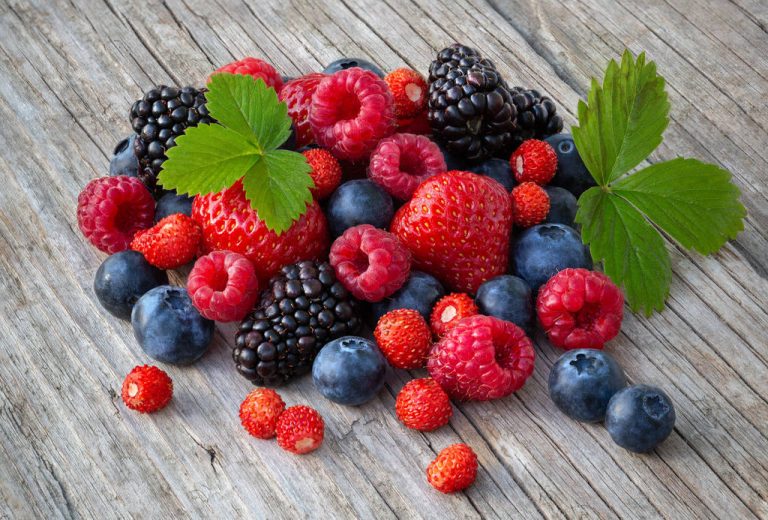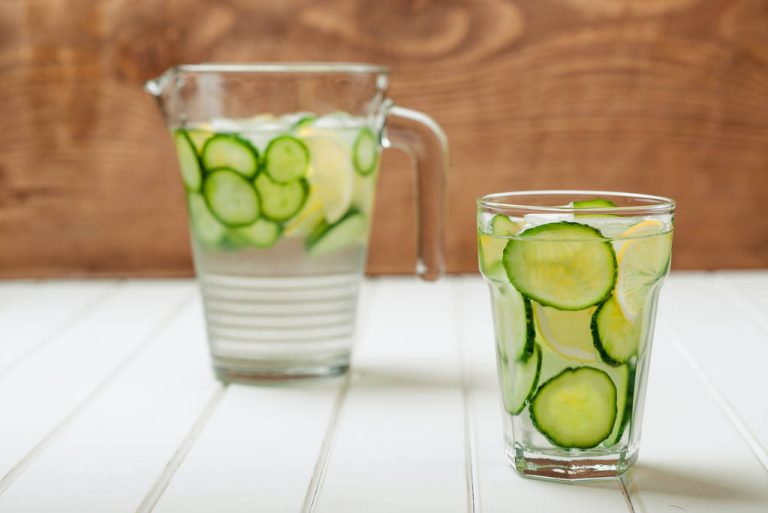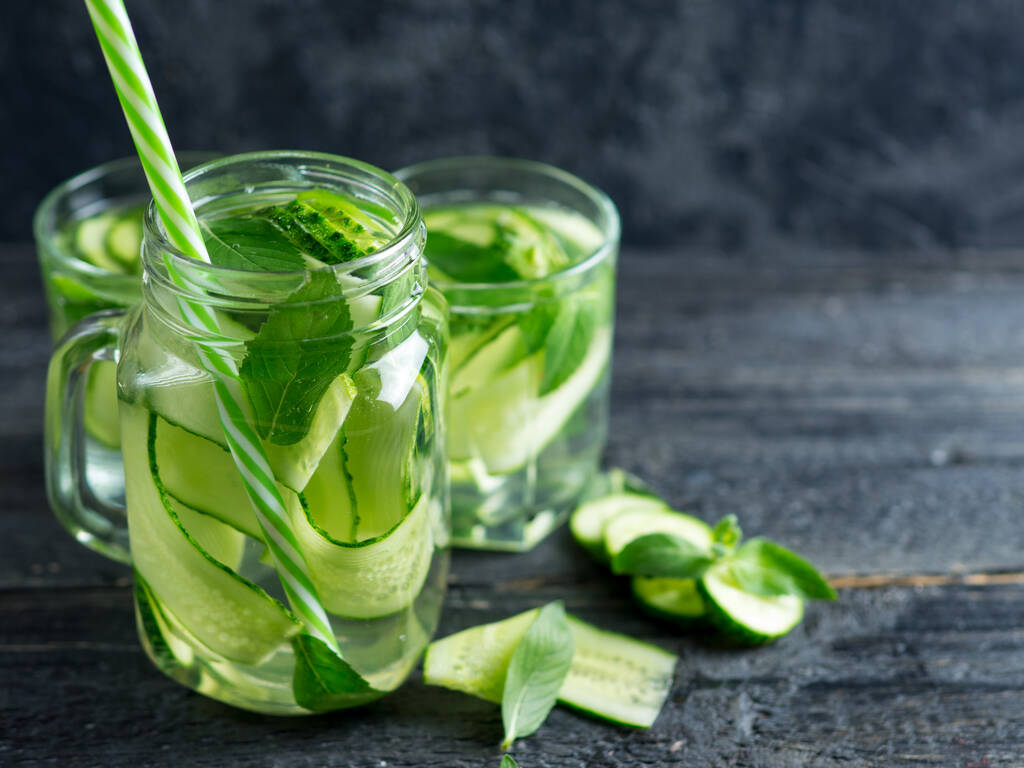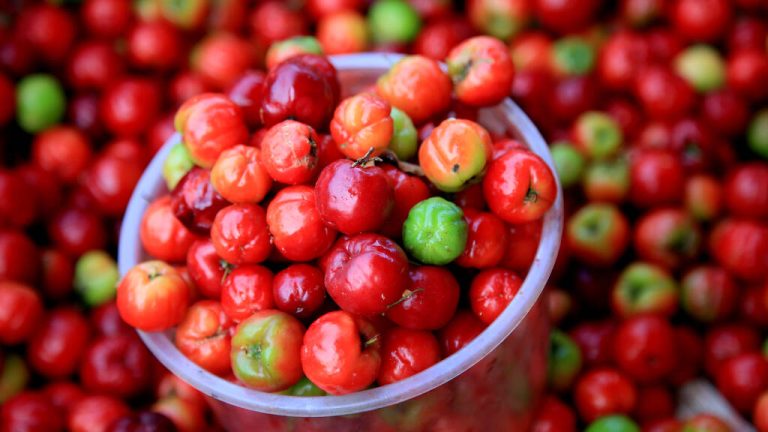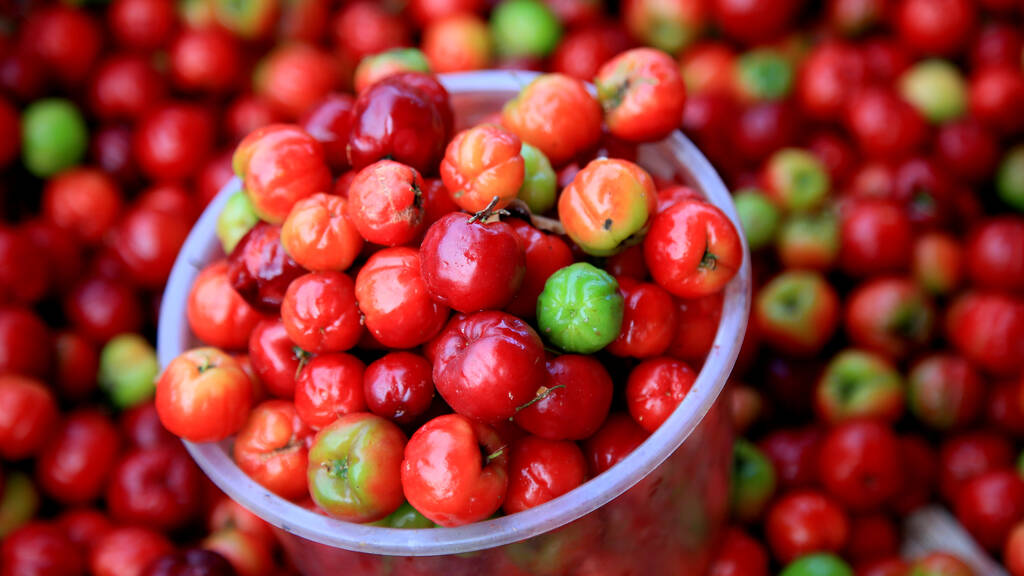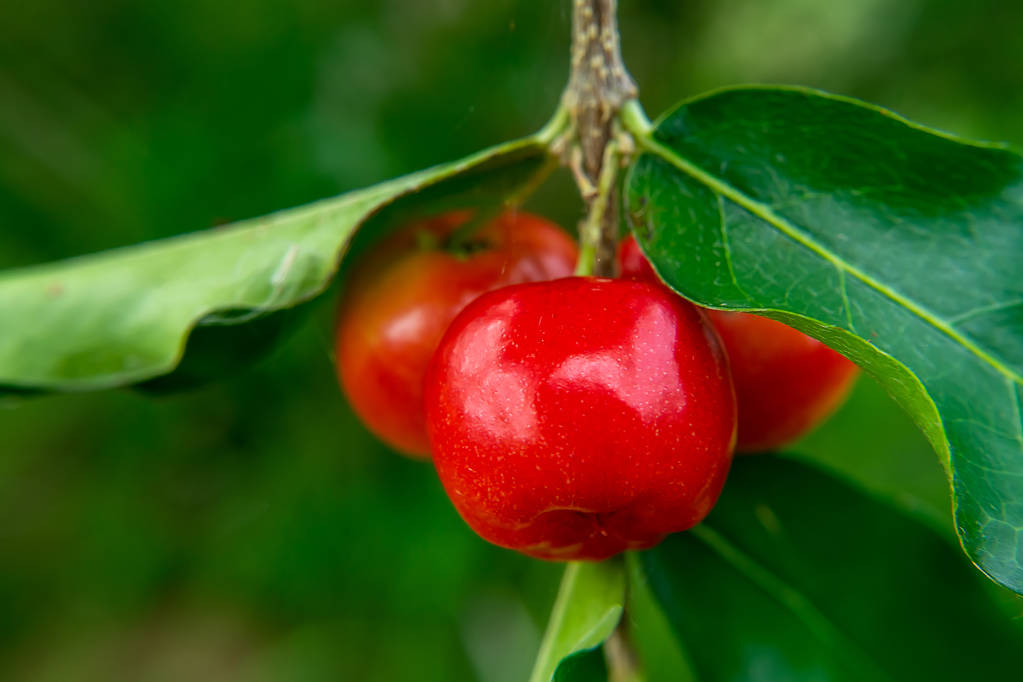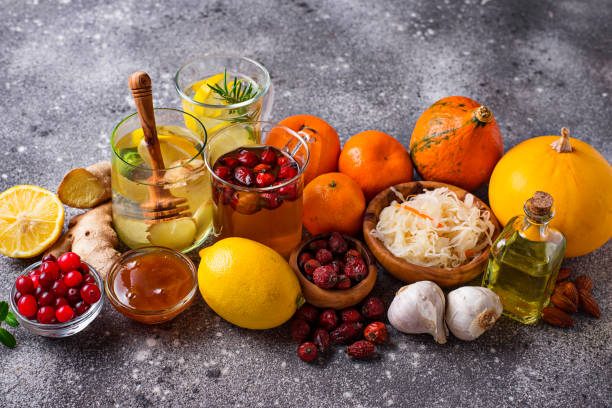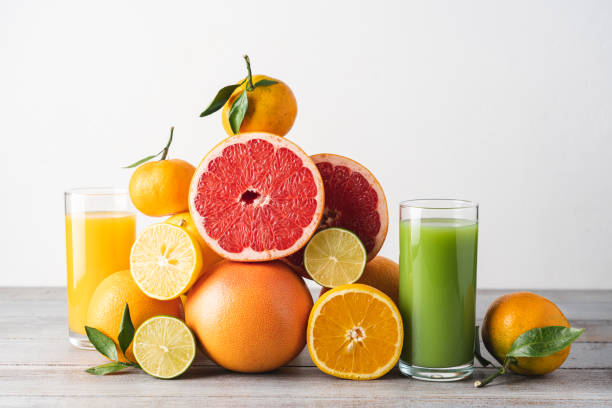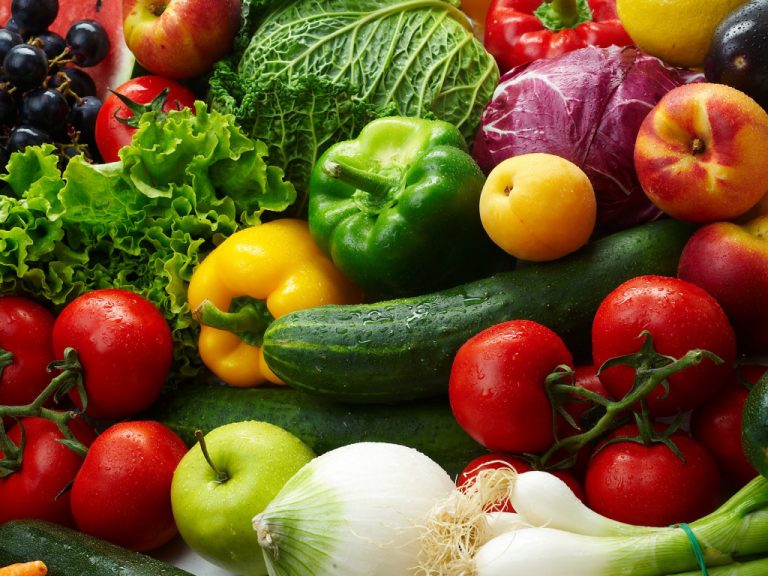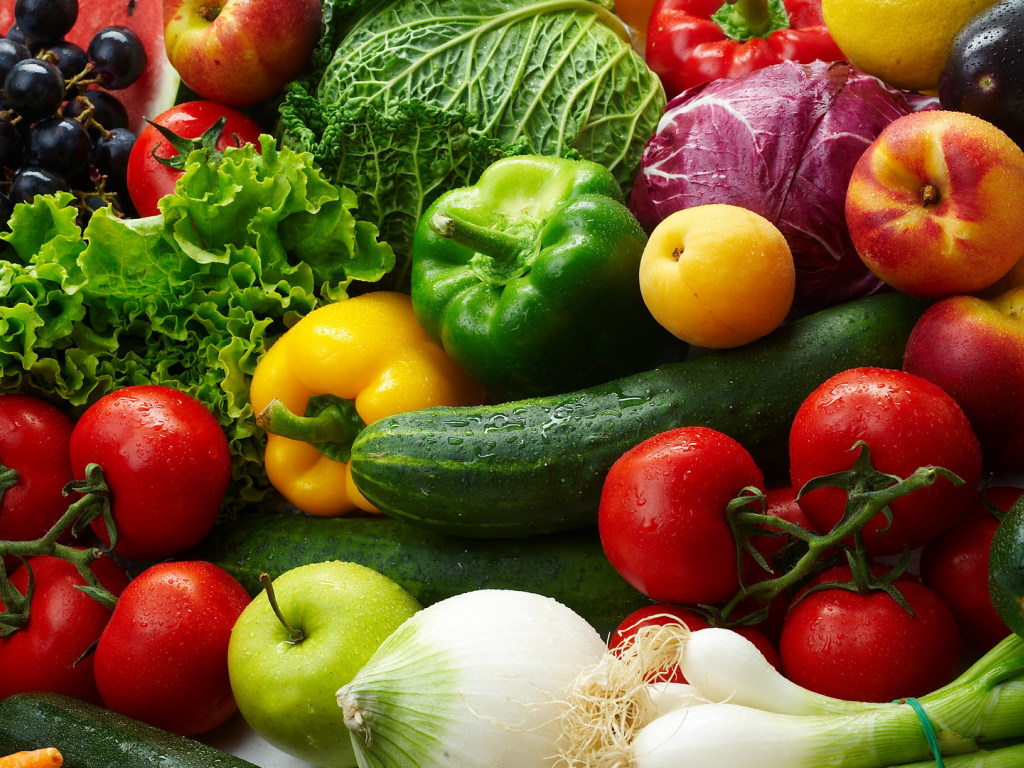Strengthen the immune system, eat lean and then they are also good for the heart and the intestines: berries are real power fruits and absolutely essential for a healthy diet.

Blueberries and currants: That’s why they’re so healthy
The little fruits are real superfoods that you should not do without.
We introduce you to the five great benefits of berries.
1. Berries are good for the immune system
If you want to strengthen your immune system, you should definitely rely on berries*! Because the sweet fruits are rich in valuable antioxidants that protect against many viruses, bacteria and free radicals. In this way, they ensure that the immune system is strengthened. Blueberries are of particular note: according to a study by the American Society for Nutrition, 100 grams of blueberries provide five times more antioxidants than the same amount of raspberries – up to 490 micrograms.
Dark blueberries can also do a lot for beauty, because they contain large amounts of vitamin C and vitamin E. Vitamin C* is known, among other things, for driving collagen production, which is responsible for the skin being significantly plumped up becomes. It is most contained in blackcurrants – these contain a whopping 170 micrograms of vitamin C per 100 grams of berries. Vitamin E* is responsible, among other things, for scavenging free radicals. These free radicals are harmful and are caused by smoking, UV radiation or stress, among other things. Other substances in berries that strengthen the immune system are flavonoids, which also inhibit viruses and bacteria. They also support weight loss during a diet*.
2. Berries protect the intestines
Berries* not only strengthen the immune system due to the antioxidants they contain, they are also extremely beneficial for a healthy intestinal flora. A healthy intestinal flora* is always crucial for an intact immune system. If the intestinal flora is attacked, one falls ill more often with influenza infections, for example. Even those who suffer from diarrhea or irritable bowel syndrome can cure themselves with the help of blueberries, as a study by the University of Lund revealed. The tannins and color pigments contained in the blueberries react with proteins in the mucous membranes and insoluble compounds are formed. This forms a kind of protective layer that has an anti-inflammatory and germ-killing effect.
As further studies show, the consumption of wild blueberry juice has a positive effect on bifidobacteria, which have a protective effect on the intestinal flora. These bifidobacteria keep harmful intestinal bacteria, as well as pathogens, away.
3. Berries lower blood sugar levels
Many diabetics ask themselves which fruit they are actually allowed to eat and what they should better avoid in order not to drive up the blood sugar level. In contrast to high-sugar fruits such as bananas, pineapples or grapes, berries* are very suitable. This is because berries have a comparatively very low glycemic index, meaning they have little effect on blood sugar levels.
Once again, the blueberry should be mentioned in the first place: the dark berry is even said to have an antidiabetic effect, i.e. it lowers blood sugar. It is responsible for lowering the general blood sugar level and for getting more sugar into the cells.
4. Berries are good for the heart
In addition to all these positive properties, berries* also increase heart health. In a diabetes study by the American Society for Nutrition, researchers found that blueberries reduced LDL cholesterol, triglycerides, and adiponectin. At the same time, they increased HDL cholesterol, which is considered beneficial to health. In conclusion, daily consumption of blueberries is believed to be beneficial for heart health. You can thus prevent heart disease and lower cholesterol levels that are too high.
Another study shows that vascular functions can be improved by eating berries – in this case, primarily by eating raspberries and blueberries. This makes it easier for the heart to pump blood around the body, which can help prevent heart attacks.
5. Berries are great for dieting
Berries* are also ideal as part of a diet*. For example, you can prepare the berries as a smoothie* or smoothie bowl or mix them in muesli*. The delicious little fruits create a feeling of satiety relatively quickly and they also accelerate the metabolism, which makes the pounds tumble.
Since obesity is often a trigger for various diseases – for example heart disease or diabetes – it is advisable to eat healthily. Berries are perfect for this. The anthocyanins contained in the berries are also very important as they inhibit free radicals. After all, anyone who trains a lot – meaning their body is temporarily under heavy strain – should take care to avoid oxidative stress in the body, which in turn can lead to illness.

